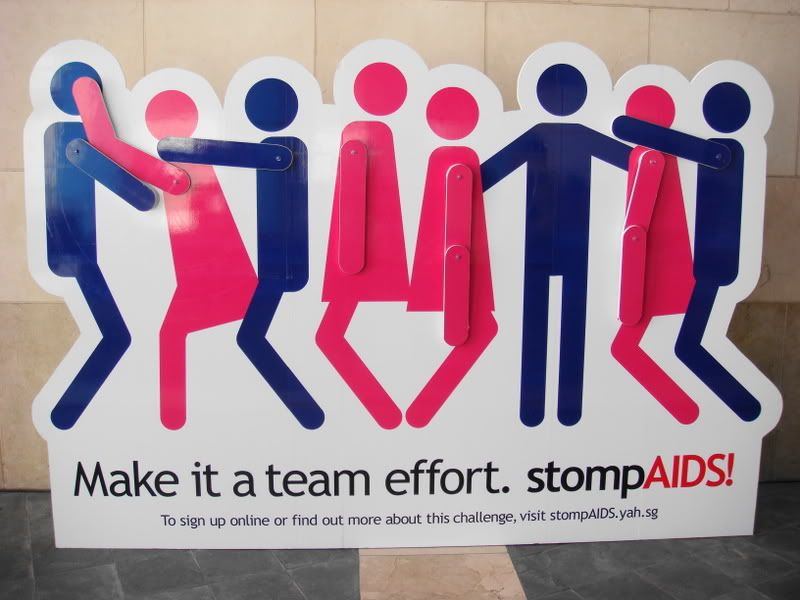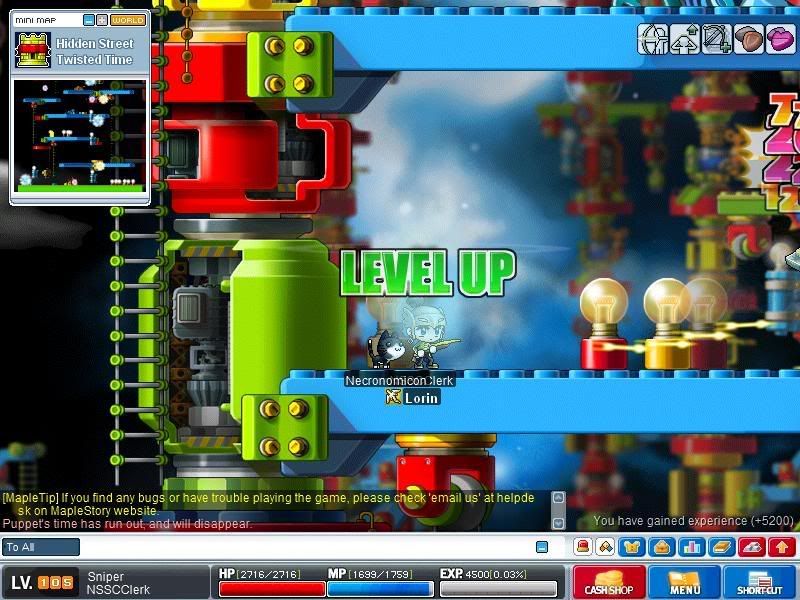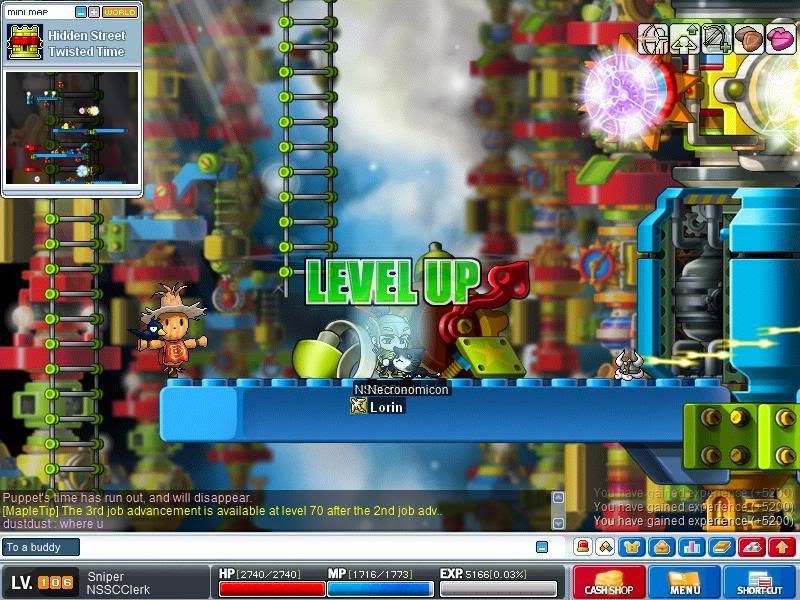
Cat Play in the Trailer Park
Cat Protects Rack
A Day in the Life of Oscar the Cat
Breast Milk Cheese
Placenta Party
校草 of FS0703

Do the following Actions to Prevent AIDS




 Traffic Light of FS0703
Traffic Light of FS0703 Rich People of Maple
Rich People of Maple Went to Gardina as a field trip on Wednesday. Nothing much to see seriously but got to eat a lot of sandwiches.
Went to Gardina as a field trip on Wednesday. Nothing much to see seriously but got to eat a lot of sandwiches.So far, it is known that I had passed Food Science and Microbiology.
For Economics, I passed, 29/40. Due to my slowness, I had left 11 marks unwritten.
Will be doing backstage for NYP Symphony Orchestra from 10 - 13/07/07.



30/06/07
Being no life, double level up to 106.
 Majorly annoyed as I have been viewed by random anonymous profiles in Friendster.
Majorly annoyed as I have been viewed by random anonymous profiles in Friendster.
More so when I received an email to be added as friend by someone but either the profile does not exist or request cancelled. Worse still, tracing back became impossible as he/she has the view anonymously on, email search failed and so did the name search.
That is just plain fuck up.
Lastly, thank you Tan Tian Soon for the ORD treats.